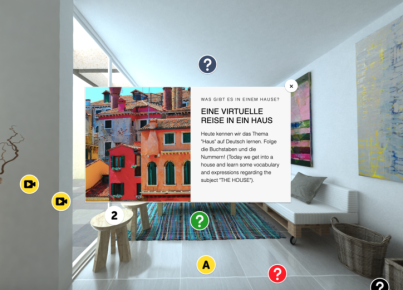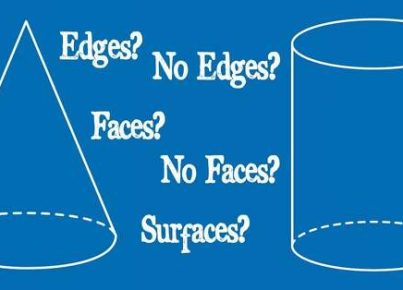Introduction
In a rapidly changing world, the ability to adapt and learn new skills is becoming increasingly important. As an educator and cognitive scientist, Guy Claxton has dedicated his career to understanding and enhancing the learning process. Through his groundbreaking work on ‘Learning to Learn’, he has helped countless individuals unlock their potential and embrace the power of continuous self-improvement.
Guy Claxton: A Background
A prominent figure in the fields of education and cognitive science, Guy Claxton is a pioneer in exploring how individuals can optimize their capacity to learn. With a background in psychology and degrees from the University of Cambridge and Oxford, he has spent more than 30 years investigating human cognition and cultivating strategies that enable people to become more effective learners.
A prolific writer and speaker, Claxton has authored over 20 books on education, intelligence, and learning. Among his most well-known publications are “The Learning Power Approach” and “Intelligence in the Flesh”. As an advocate for educational reform, Claxton believes that schools must shift from a focus on memorization and testing to fostering students’ capacity for independent thinking, creativity, and adaptability.
The Concept of ‘Learning to Learn’
At the heart of Guy Claxton’s work is the idea that learning is not just about acquiring facts or skills but developing the capacity to learn effectively throughout one’s life. ‘Learning to Learn’ emphasizes the importance of metacognition – reflecting on one’s thought processes – and resilience in navigating setbacks during the learning journey.
By fostering a growth mindset, which encourages people to view challenges as opportunities for development rather than barriers to success, individuals can cultivate their innate talents while also broadening their horizons by seeking out new areas of knowledge. According to Claxton, honing these abilities starts with understanding four key dimensions:
1. Resilience: Building the capacity to persevere through setbacks and view failure as a valuable learning opportunity.
2. Resourcefulness: Developing problem-solving skills by exploring various strategies when faced with challenges.
3. Reflectiveness: Investigating one’s thought processes during a learning experience to better understand how to improve in the future.
4. Reciprocity: Engaging in conversations and collaborations with others to enhance collective knowledge and understanding.
The Impact of ‘Learning to Learn’
Through his numerous publications, lectures, and educational consultancy work, Guy Claxton has influenced thousands of educators worldwide to adopt the ‘Learning to Learn’ approach in their teaching. As a result, many schools have shifted their focus from traditional assessment-driven methods to emphasizing the development of lifelong learning skills.
By instilling these values in students at an early age, Claxton hopes that upcoming generations will possess the cognitive flexibility and resilience required to navigate a constantly evolving world successfully. Furthermore, by embracing this approach in adult education and professional settings, individuals can unlock new possibilities for personal and professional growth.
In conclusion, Guy Claxton’s work on ‘Learning to Learn’ has made a profound impact on our understanding of human cognition and learning potential. By promoting the cultivation of resilience, resourcefulness, reflectiveness, and reciprocity as part of the learning process, he has helped countless individuals transform their approach to education and unlock their full potential.





